New Land Rover model line will kick off with an electric-powered XJ-sized luxury vehicle
25 September 2017
Jaguar Land Rover (JLR) will stun the automotive world by launching a new model line, the Road Rover, before the end of the decade, Autocar can reveal.
The first production vehicle will be a premium all-electric
model, aimed primarily at markets such as California in the US and
China.
Comment: how the Road Rover echoes history
The first Road Rover is understood to be a Mercedes-Benz S-Class
rival in terms of outright luxury and interior craftsmanship but with
some ‘all-terrain’ capability. The car will also be tuned
for
impressive on-road dynamic performance, taking advantage of the
potential delivered by electric motors.
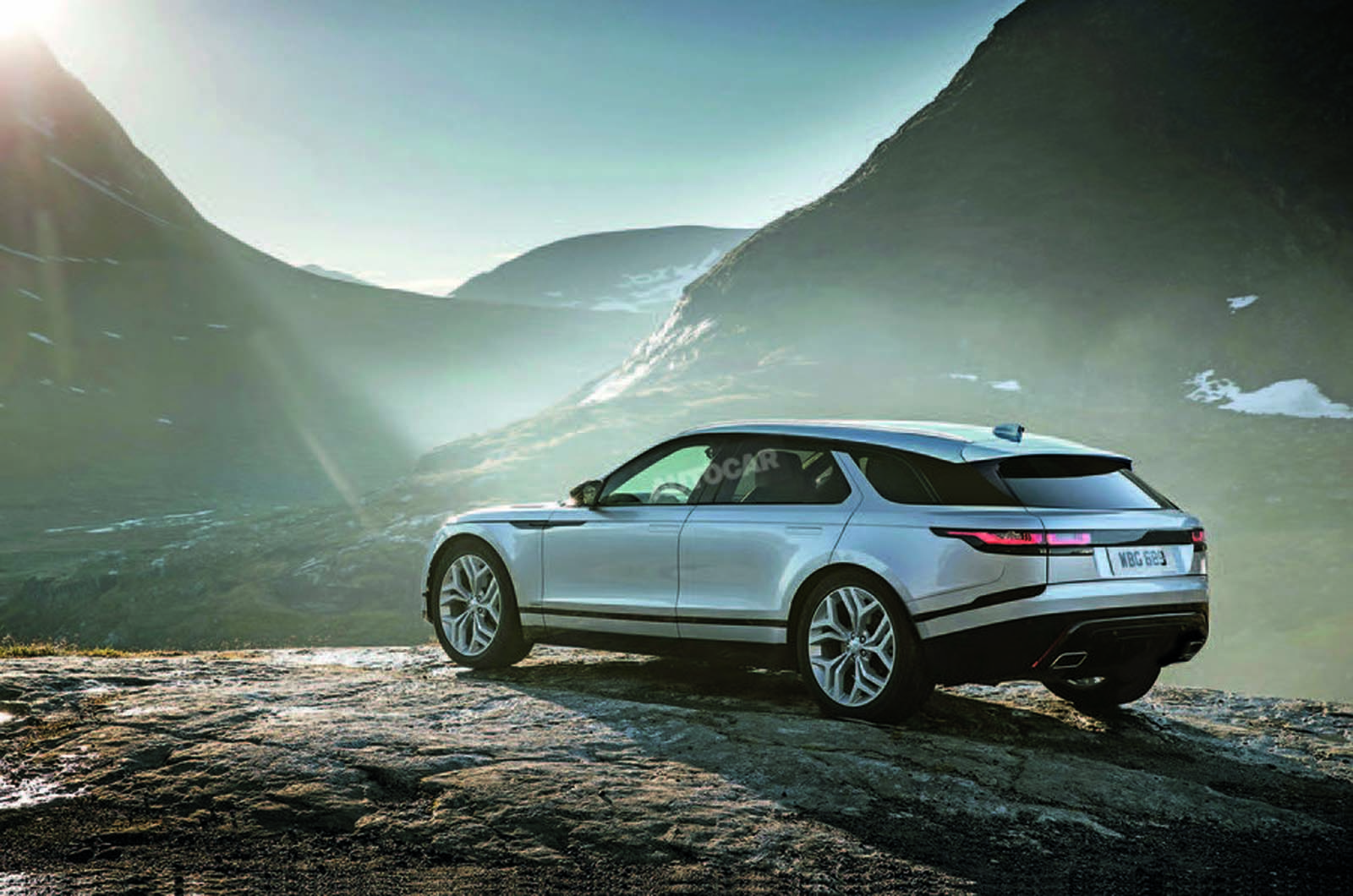
New Road Rover's expected price and release date
The car could make its public debut at the Los Angeles motor show in late 2019, with sales starting soon after. Prices are expected to be pegged at around £90,000 for the top-line versions.
Over time, the Road Rover line-up is expected to develop into a
series of more car-like and road-friendly, but still rugged, vehicles.
In pictures: the cars that changed Land Rover
Road Rover is, like Velar, the
name of an experimental model from the company's past. It was first
proposed at the beginning of the 1950s as a bridge between Rover cars
and the original Land Rover.
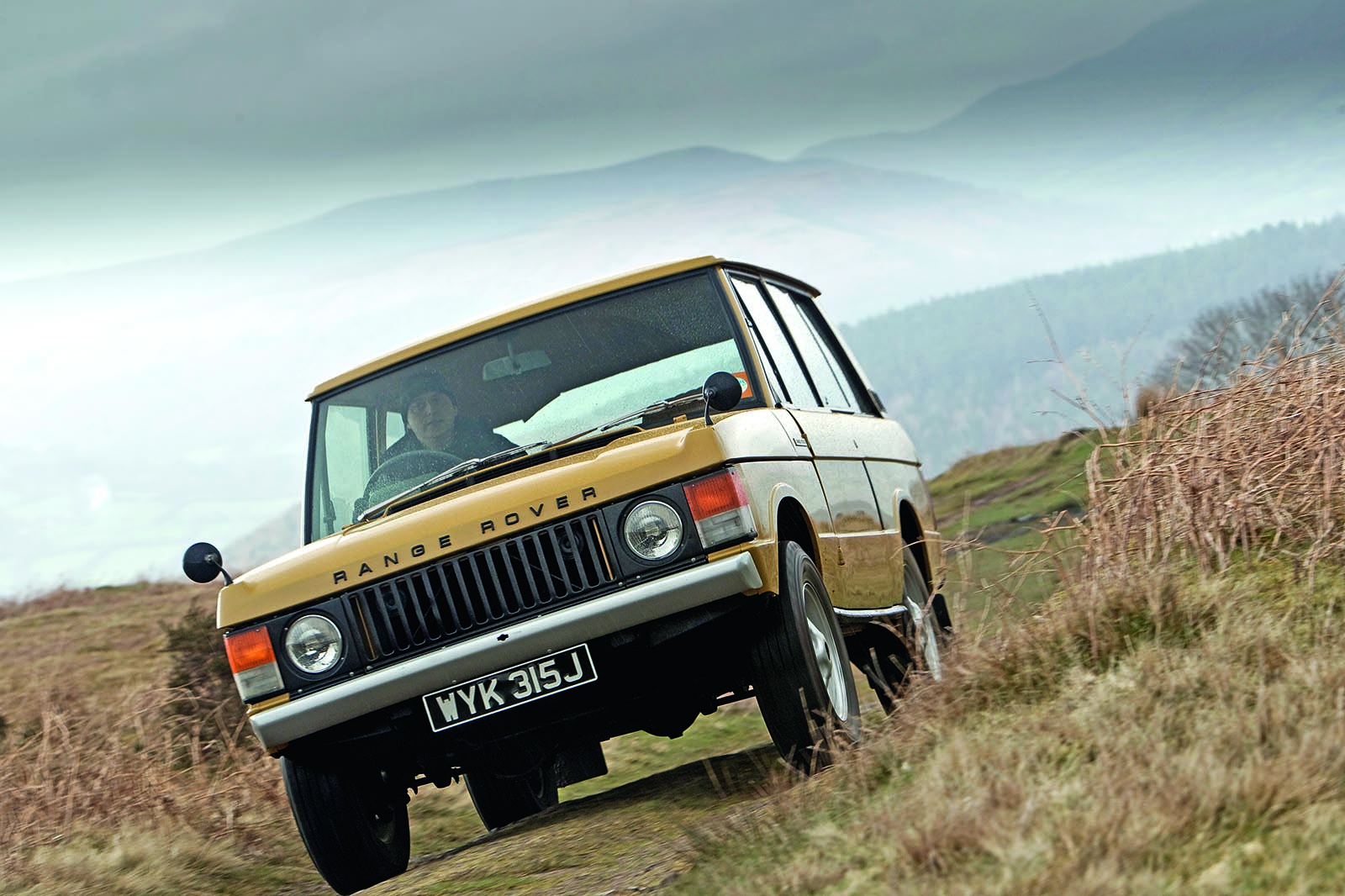
The concept was revived in the 1960s as a three-door estate and
provided the intellectual basis for the concept that became the original
Range Rover.
Hard details about JLR’s plans for the new model line are very
limited and tight secrecy around the project has enabled it to progress
to two years before launch without becoming public.
Land Rover design director Gerry McGovern
is well known for identifying potential for new models – what he
describes as “the white space” around existing ones – as seen by the
successful Range Rover Evoque and recent Range Rover Velar.
Range Rover Velar vs Porsche Cayenne vs Audi Q7: luxury SUV mega-test
In a 2015 interview with Director magazine, McGovern said: “By 2020,
there’s going
to be 22 million SUV-type vehicles sold globally. So
that’s a massive market. We’re asking: what are the products we could be
creating that don’t actually exist yet – like the Evoque, which we
didn’t have in our portfolio before.” The result was the Velar.
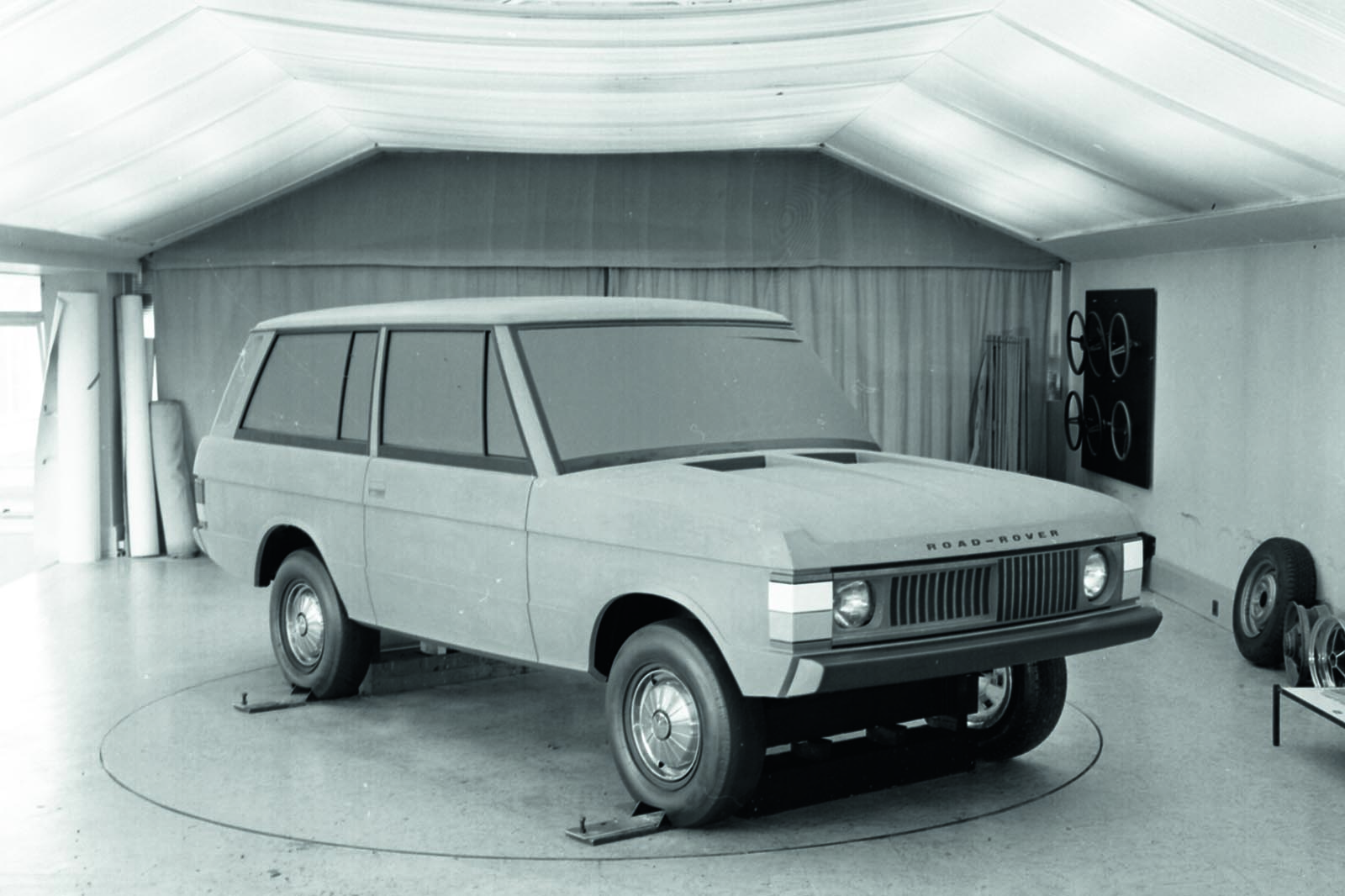
McGovern is also thought to be planning a more luxurious and different-bodied Range Rover to take on the upcoming Rolls-Royce Cullinan.
In 2014, Wolfgang Ziebart, then group engineering director, hinted at
JLR’s electrification plans, predicting that the market for EVs was
going to split into inner-city vehicles
and a “second or third car for
a wealthy family”. Ziebart suggested the latter segment had potential
for JLR and that any EV would be the size of a “Jaguar XJ” and “aimed at the US and China”.
In fact, Autocar understands that the first Road Rover model is being
developed in parallel with the next-generation XJ. The underlying
structure for both of these vehicles is a new-generation aluminium
architecture that can accommodate both battery packs and piston
engines.
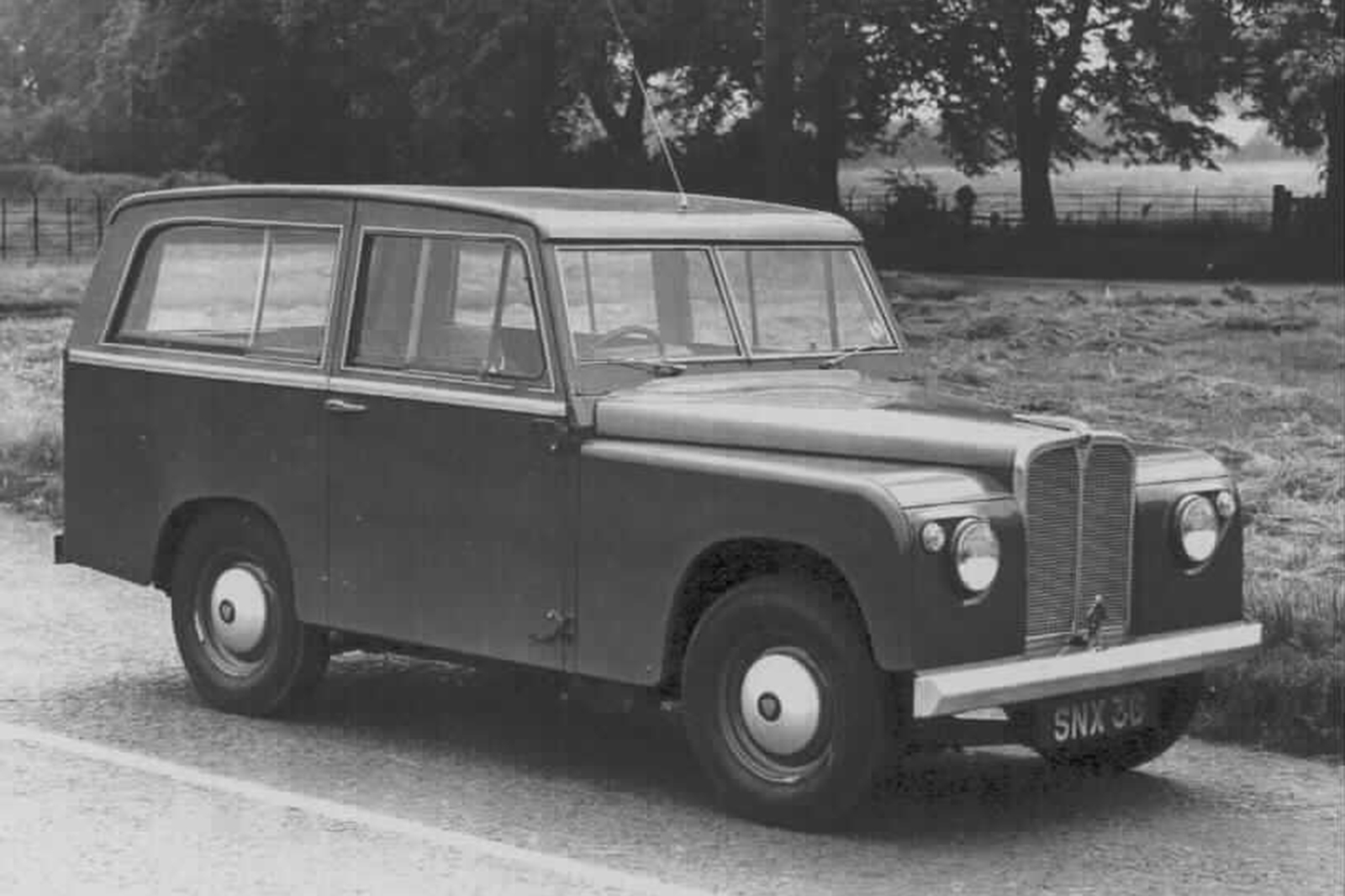
It’s thought that the new XJ and the Road Rover will both be
pure-electric vehicles with twin electric motors and on-demand all-wheel
drive. The Road Rover will emphasise extreme luxury — the huge success
of the current S-Class has proved that SUVs have not pushed super-luxury
saloon cars out of the market — and it is also expected to have
height-adjustable suspension for a degree of all-terrain ability. A
range of at least 300 miles is predicted, as well as a 0-60mph time of
under 5.0sec.
JLR has to compete head-on with premium-brand rivals such as Porsche and Audi, which are both launching luxury EVs in the next two years. Perhaps the closest rival to the new Road Rover is Audi’s E-tron Sportback,
which is due to be launched in 2019. This also has all-wheel drive and
an expected driving range of 300 miles in ideal conditions.
There is no hard news on whether the Road Rover will have its own
stand-alone design language. However, it is likely to build on the look
of the Velar, emphasising taut and very clean surfaces, and it will have
more of a shooting brake profile than other high-end electric SUVs.
The new XJ and Road Rover, along with Jaguar’s electric I-Pace compact SUV, will be part of JLR’s plan to meet stringent new Zero-Emission Vehicle (ZEV) sales targets in California.
The calculations behind the ZEV programme are extremely complex and
intended to ensure there are at least
1.5 million electric or hydrogen
fuel-cell vehicles on California’s roads by 2025. It is thought that JLR
will need to ensure that somewhere between 16% and 25% of all its sales
are of battery-electric cars by 2025. Moreover, at least nine other US
states have adopted California’s ZEV plans, putting extra pressure on
car makers.
The adoption of a new brand for a range-topping electric vehicle
might be seen as an unnecessary risk, especially considering the profile
and strength of the Range Rover brand. However, there are a number of
reasons why JLR bosses concluded that an electric Range Rover was a
stretch too far.
First, the off-road ability
of a Range Rover model cannot be
compromised and
a fully electric vehicle with
a substantial battery
pack would have been a significant technical challenge, especially in
terms of waterproofing the powertrain.
Second, extracting the maximum real-world range from a
battery-powered car is essential and this makes aerodynamic performance a
crucial part of the calculation for a new model. The frontal areas of
the Range Rover and Range Rover Sport are far too large to work
efficiently as battery-powered vehicles. Indeed, the Tesla Model X is probably about as tall as any EV is likely to get.
Third, JLR strategists have
a clear eye on the longer-term future of
the brand and what’s expected to be a medium-term aim of hitting annual
sales of one million units. Although Jaguar has made huge strides
thanks to the F-Pace (and the upcoming E-Pace will also boost the brand significantly), sales of Jaguar road cars are becalmed.
According to JLR’s figures, Jaguar sold 94,000 XE, XF and XJ models in the 2016/17 financial year. Even with a sales boost from the XF Sportbrake, Jaguar’s road cars are unlikely to make up serious sales ground in the next few years.
JLR bosses have clearly concluded that, in order to meet the million
vehicle target, they need to continue to exploit the huge market shift
towards crossovers and SUVs, while also hedging their bets by building
premium vehicles that are more fuel efficient and less like conventional
off-roaders.
A significant underlying issue for JLR’s business is the risk that
the market could turn against what are often parodied as ‘Chelsea
tractors’: large
and imposing SUVs such as
the three biggest Range
Rover models and the F-Pace.
By establishing a new brand that is a genuine ‘crossover’ between
luxury road cars and all-terrain-capable vehicles, JLR would not only
improve
its chances of growing significantly and profitably from last
year’s sales of 604,000 units, but also spread the risk of any customer
shifts in the global new-car market.
Analysis: Jaguar Land Rover is thinking big and spending big
The most recent financial report makes clear just how much JLR is spending on expanding the business for the future.
The company says that in fiscal year (FY) 2017/18, it will invest
between £4 billion and £4.35bn in new products and the factory that is
being constructed at Nitra in Slovakia. This will specialise in the
construction of aluminium-bodied vehicles and the first model to
be
built there will be the new Discovery, according to JLR’s annual
report.
Such is the rate of investment that JLR’s profit margin will slide
significantly. In the first quarter of FY 2017/18, the profit margins
were down to 7.9% from the 12.5% in the first quarter
of FY 2016/17,
even though revenues crept up to £5.59bn from £5.35bn and sales grew by
4.7%.
Between April and June this year, sales jumped by 16% in North
America and 30% in China but fell 14% in the UK and 14% in other
overseas markets.
However, JLR is well placed to power over these setbacks. Sales of
the Velar are ramping up and the E-Pace will go on sale towards the end
of this year.


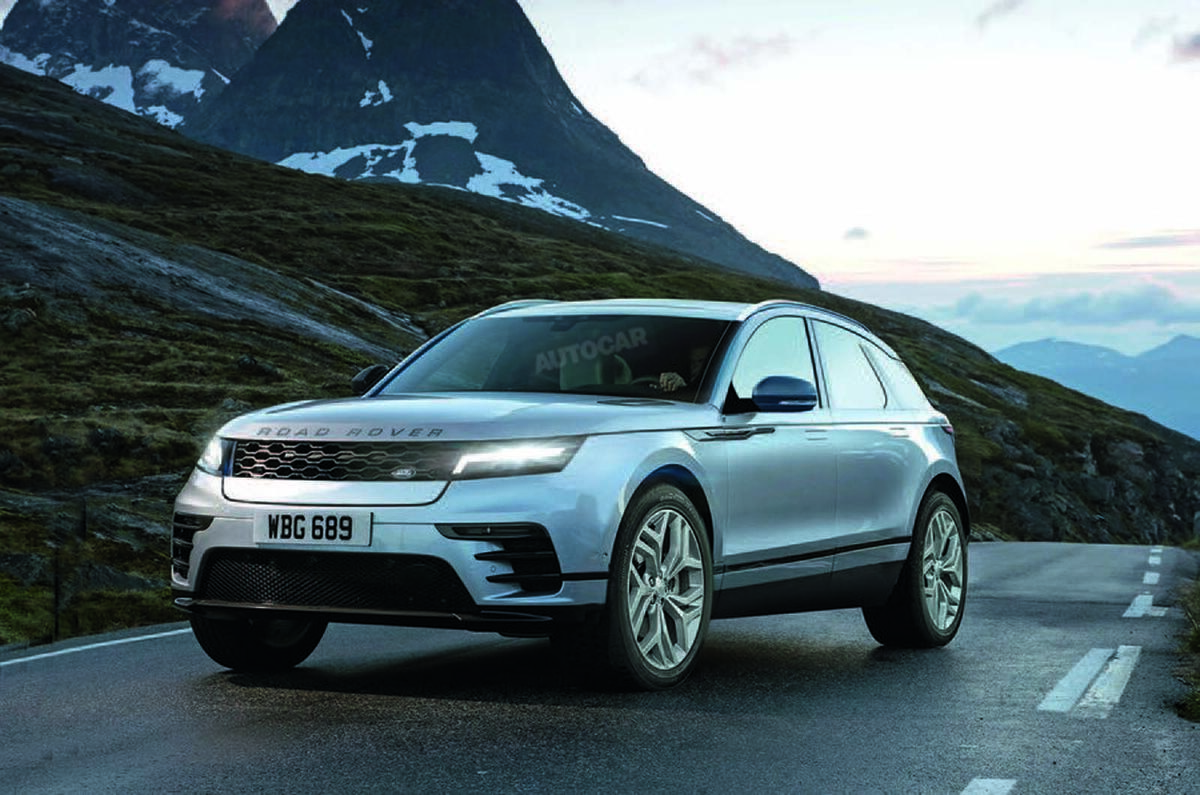
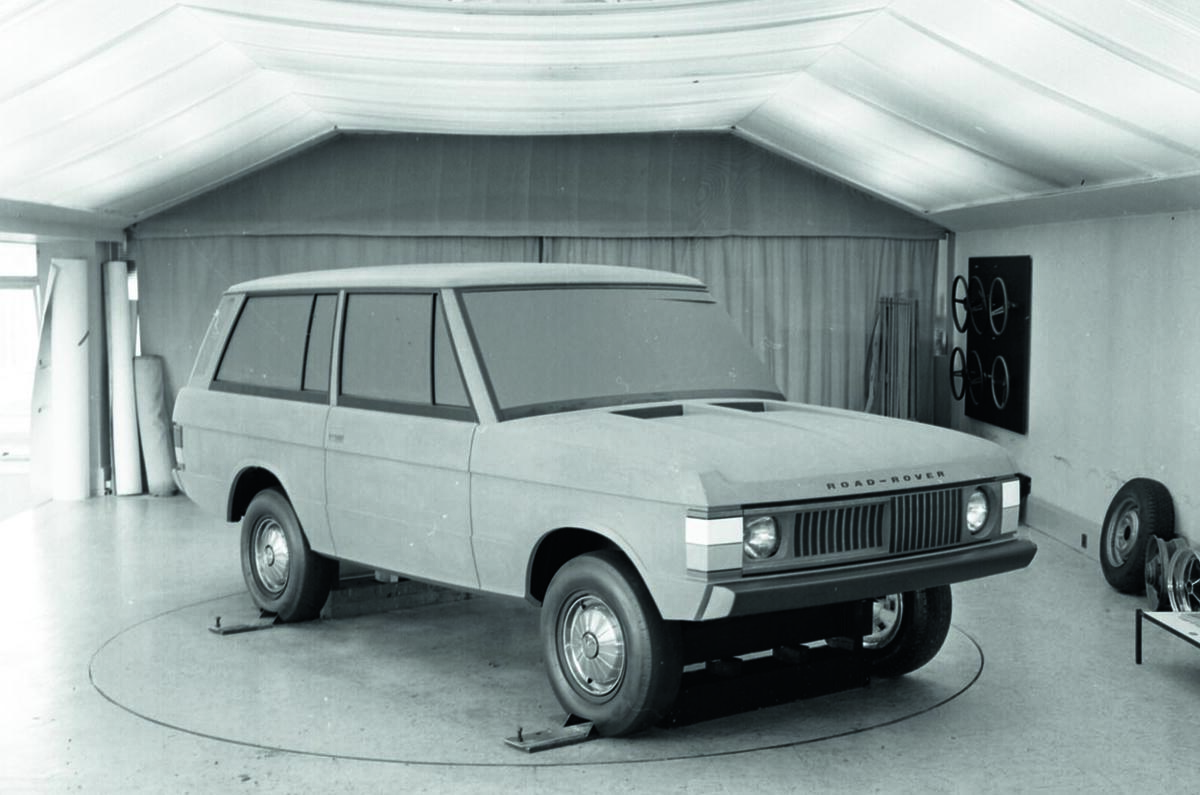
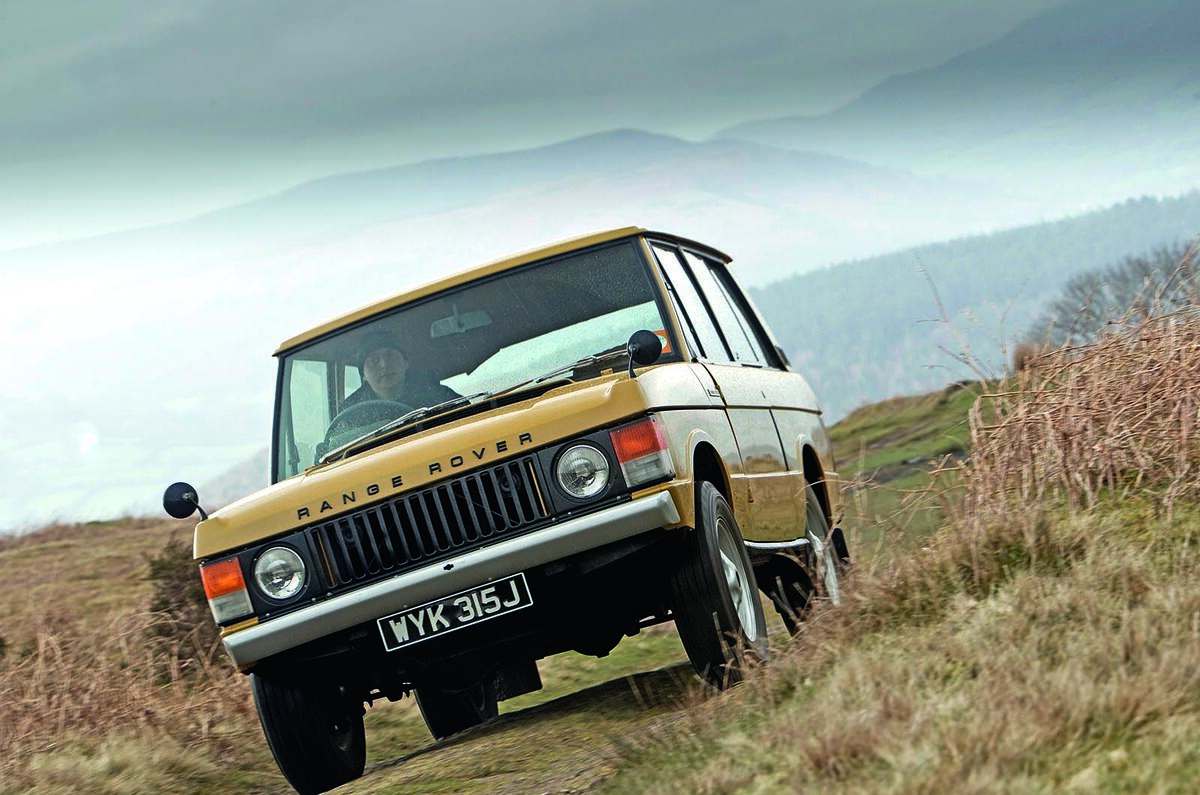
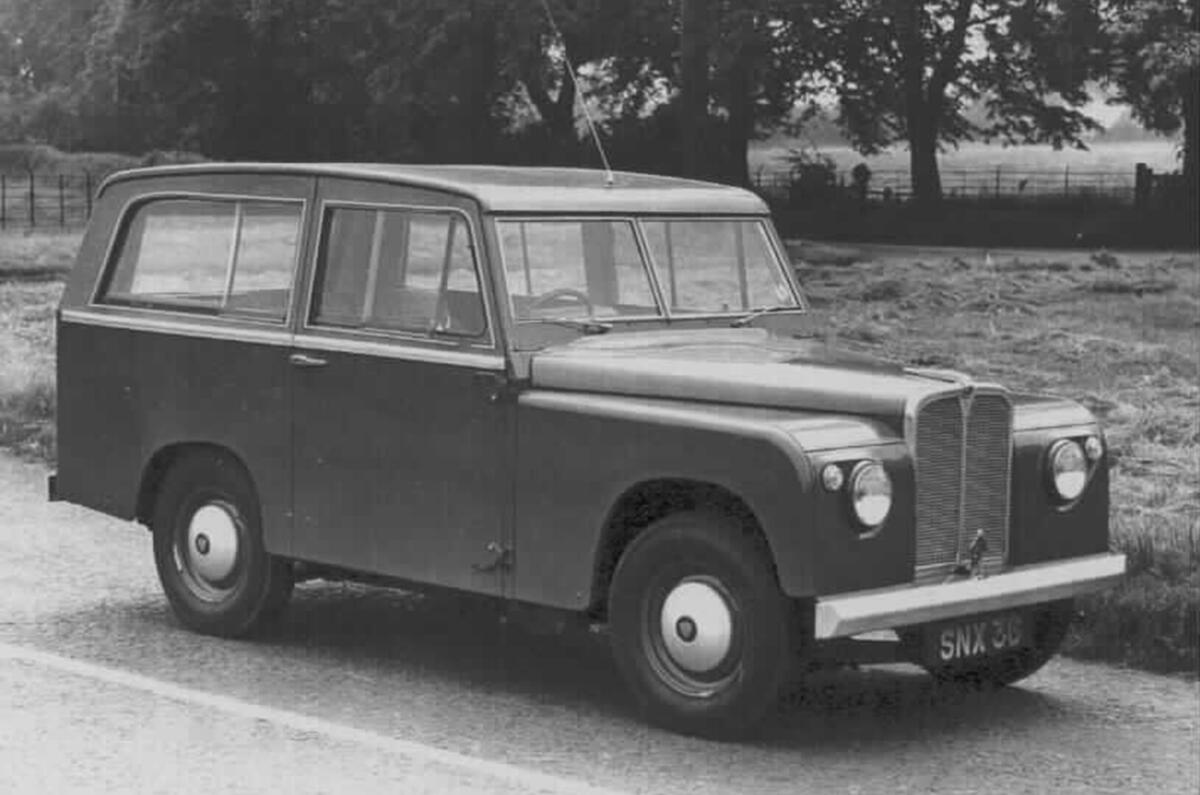
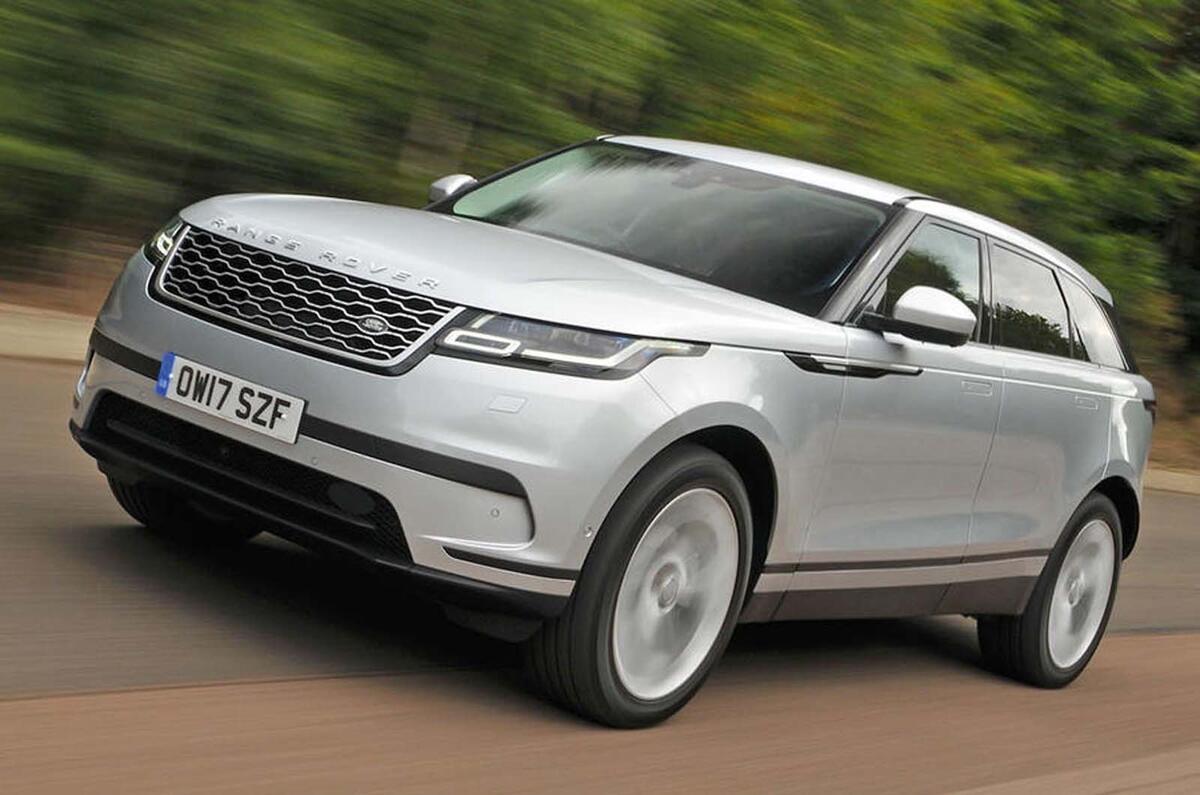
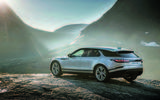
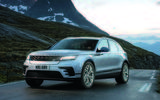
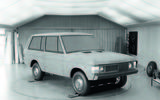

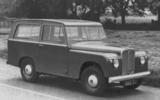
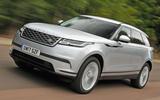
.png)
.jpg)

.jpg)
0 Commentaires